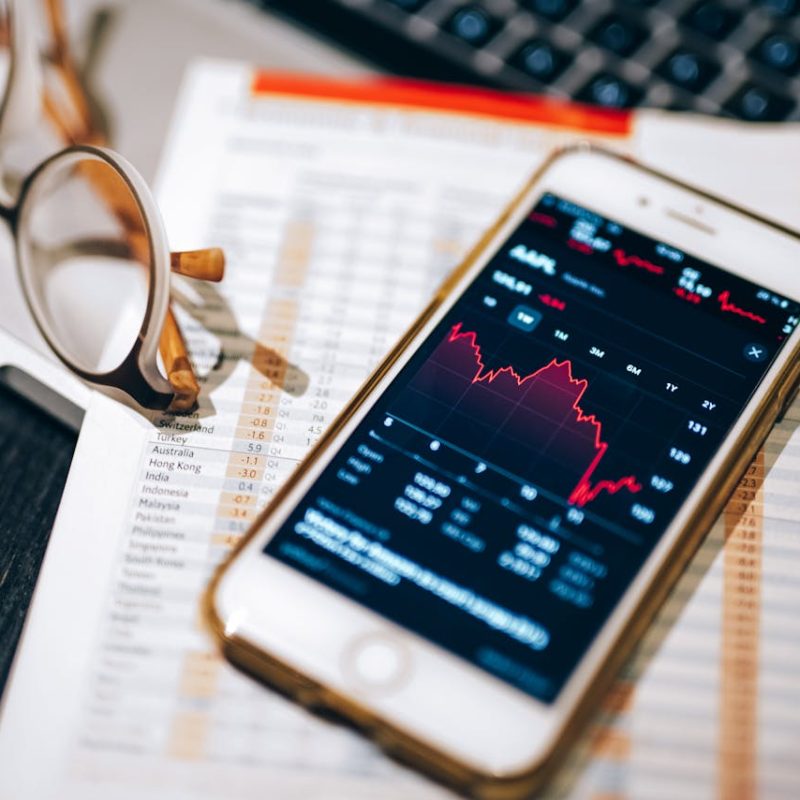


You are currently viewing a placeholder content from YouTube. To access the actual content, click the button below. Please note that doing so will share data with third-party providers.
More Information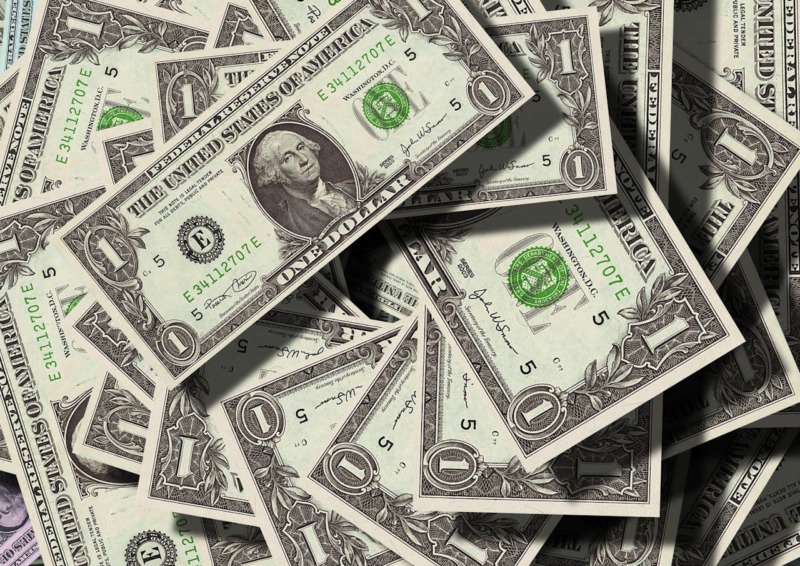
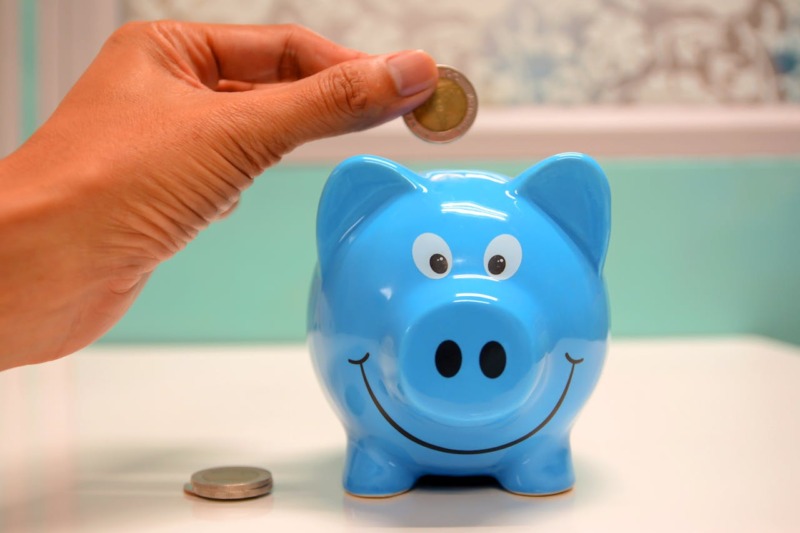
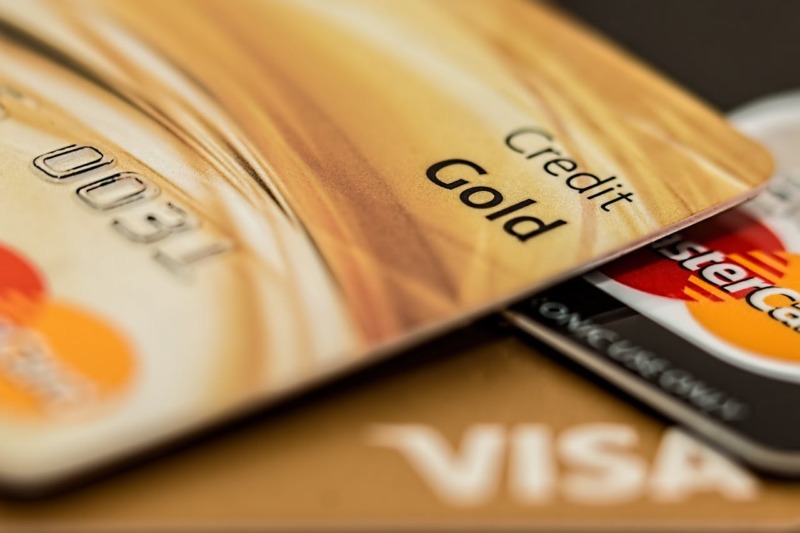
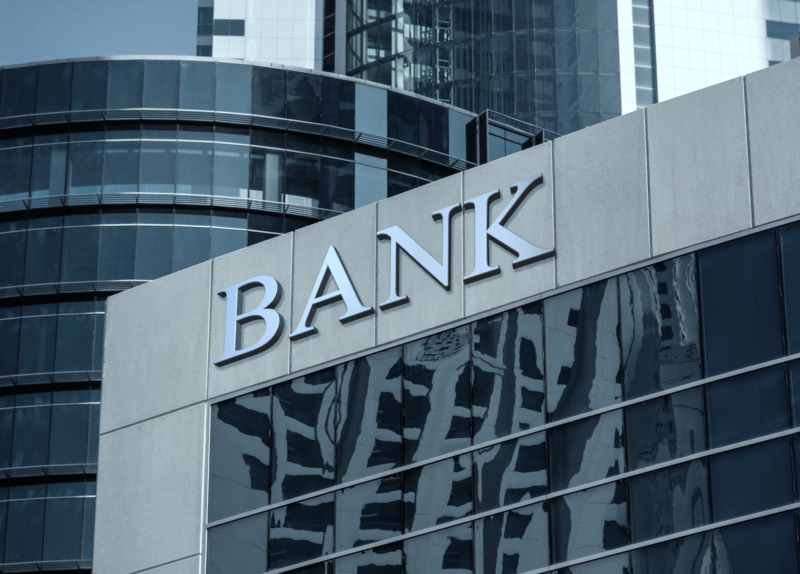
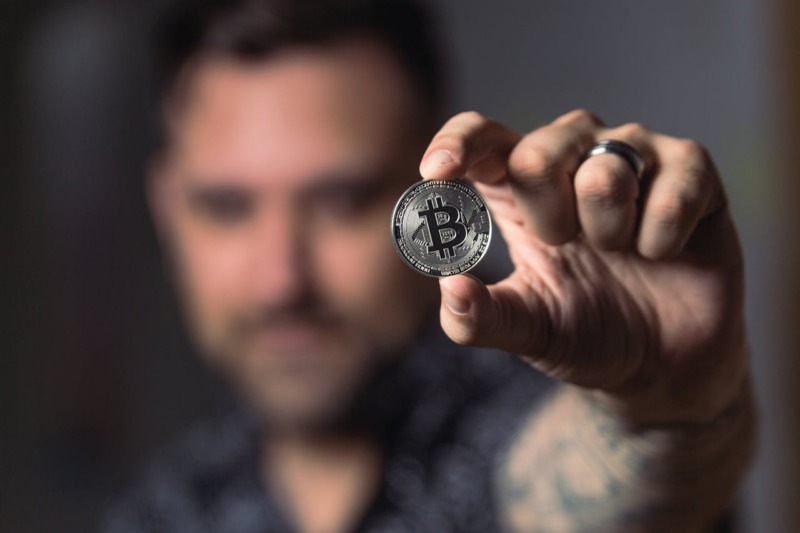



Updates zu Ausstellung, Programm & Events
Updates on exhibition, program & events
Financial Life Park Österreich
Erklärung zur Barrierefreiheit
Einhaltungsstatus
Wir sind der festen Überzeugung, dass das Internet für jeden verfügbar und zugänglich sein sollte, und sind bestrebt, eine Website bereitzustellen, die für ein möglichst breites Publikum zugänglich ist, unabhängig von den Umständen und Fähigkeiten.
Um dies zu erreichen, streben wir eine möglichst strikte Einhaltung der Web Content Accessibility Guidelines 2.1 (WCAG 2.1) des World Wide Web Consortium (W3C) auf AA-Niveau an. Diese Richtlinien erläutern, wie Webinhalte für Menschen mit einer Vielzahl von Behinderungen zugänglich gemacht werden können. Durch die Einhaltung dieser Richtlinien können wir sicherstellen, dass die Website für alle Menschen zugänglich ist: für Blinde, Menschen mit motorischen Beeinträchtigungen, Sehbehinderungen, kognitiven Behinderungen und mehr.
Diese Website verwendet verschiedene Technologien, die sie jederzeit so zugänglich wie möglich machen sollen. Wir verwenden eine Barrierefreiheitsschnittstelle, die es Menschen mit bestimmten Behinderungen ermöglicht, die Benutzeroberfläche (UI) der Website anzupassen und sie an ihre persönlichen Bedürfnisse anzupassen.
Darüber hinaus nutzt die Website eine KI-basierte Anwendung, die im Hintergrund ausgeführt wird und die Barrierefreiheit ständig optimiert. Diese Anwendung korrigiert den HTML-Code der Website und passt ihre Funktionalität und ihr Verhalten an die von blinden Benutzern verwendeten Bildschirmlesegeräte und an die von Personen mit motorischen Beeinträchtigungen verwendeten Tastaturfunktionen an.
Wenn Sie eine Fehlfunktion festgestellt haben oder Verbesserungsvorschläge haben, freuen wir uns, von Ihnen zu hören. Sie können sich per E-Mail an die Betreiber der Website wenden: info@financiallifepark.at
Screenreader und Tastaturnavigation
Unsere Website verwendet die ARIA-Attribute-Technik (Accessible Rich Internet Applications) sowie verschiedene Verhaltensänderungen, um sicherzustellen, dass blinde Benutzer, die die Website mit einem Screenreader besuchen, die Funktionen der Website lesen, verstehen und nutzen können. Sobald ein Benutzer mit einem Screenreader Ihre Website aufruft, wird er sofort aufgefordert, das Screenreader-Profil einzugeben, damit er Ihre Website effektiv durchsuchen und bedienen kann. Hier erfahren Sie, wie unsere Website einige der wichtigsten Anforderungen von Screenreadern erfüllt, zusammen mit Screenshots von Code-Beispielen:
Auf unserer Website unterstützte Behinderungs-Profile
Weitere Anpassungen der Benutzeroberfläche, des Designs und der Lesbarkeit
Kompatibilität von Browsern und unterstützenden Technologien
Wir sind bestrebt, eine möglichst breite Palette von Browsern und unterstützenden Technologien zu unterstützen, damit unsere Benutzer die für sie am besten geeigneten Tools mit möglichst wenigen Einschränkungen auswählen können. Aus diesem Grund haben wir sehr hart daran gearbeitet, alle wichtigen Systeme zu unterstützen, die über 95 % des Benutzermarktanteils ausmachen, darunter Google Chrome, Mozilla Firefox, Apple Safari, Opera und Microsoft Edge, JAWS und NVDA (Screenreader).
Anmerkungen, Kommentare und Feedback
Trotz unserer größten Bemühungen, es jedem zu ermöglichen, die Website an seine Bedürfnisse anzupassen, kann es sein, dass es immer noch Seiten oder Abschnitte gibt, die nicht vollständig barrierefrei sind, gerade barrierefrei gemacht werden oder für die es keine angemessene technische Lösung gibt, um sie barrierefrei zu machen. Wir arbeiten jedoch kontinuierlich daran, die Barrierefreiheit zu verbessern, indem wir Optionen und Funktionen hinzufügen, aktualisieren und verbessern sowie neue Technologien entwickeln und einführen. All dies dient dazu, im Zuge des technologischen Fortschritts ein optimales Maß an Barrierefreiheit zu erreichen. Bei Fragen wenden Sie sich bitte an info@financiallifepark.at
You are currently viewing a placeholder content from Vimeo. To access the actual content, click the button below. Please note that doing so will share data with third-party providers.
More InformationYou are currently viewing a placeholder content from YouTube. To access the actual content, click the button below. Please note that doing so will share data with third-party providers.
More InformationYou need to load content from reCAPTCHA to submit the form. Please note that doing so will share data with third-party providers.
More InformationYou are currently viewing a placeholder content from Google Maps. To access the actual content, click the button below. Please note that doing so will share data with third-party providers.
More InformationYou are currently viewing a placeholder content from Mapbox. To access the actual content, click the button below. Please note that doing so will share data with third-party providers.
More InformationYou are currently viewing a placeholder content from OpenStreetMap. To access the actual content, click the button below. Please note that doing so will share data with third-party providers.
More Information